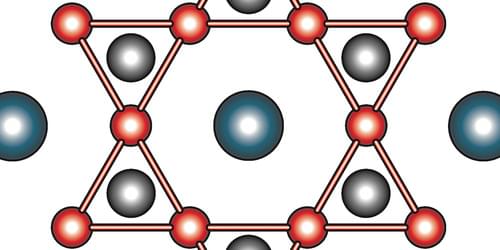A blog by the company’s chief trust officer, Dana Rao, highlighted the importance of ethics while developing new AI tools. Generative AI has come much more into mainstream awareness in recent months with the launch of ChatGPT and DALL-E systems, which can understand written and verbal requests to generate convincingly human-like text and images.
Artists have complained that generative AIs being trained on their work is tantamount to ‘ripping off’ their styles or creating discriminatory or explicit content from harmless inputs. Others have called into question the ease with which humans can pass off AI-generated prose as their own work.
Read more: Schools ban ChatGPT.







